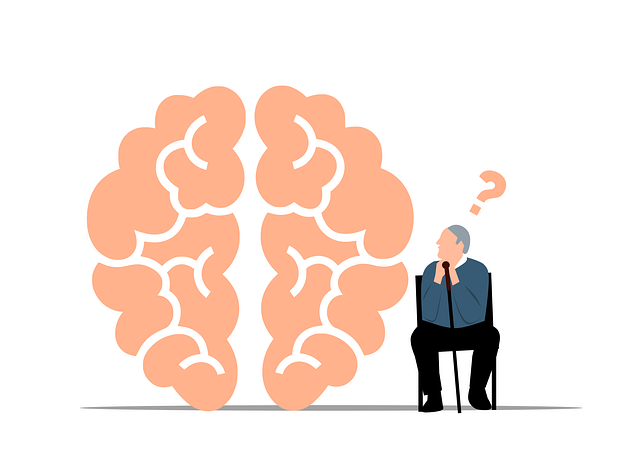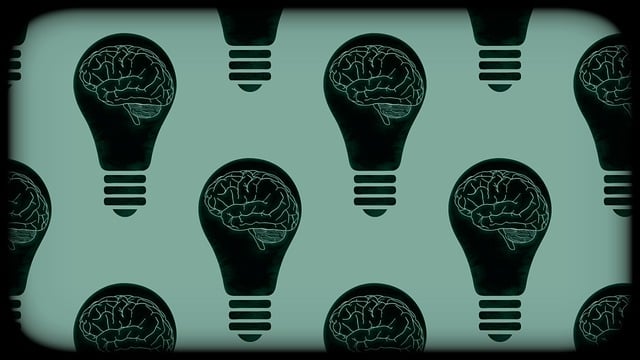Community outreach programs, such as those offering Aurora Mental Health Evaluations and therapy, revolutionize mental healthcare by bringing services directly to individuals in their everyday environments. These initiatives bridge gaps between specialized care and underserved communities, improving early intervention, reducing stigma, and promoting stress management techniques. By integrating tailored assessments, cultural competency training for healthcare providers, and strategic partnerships with local organizations, these programs ensure personalized treatments that respect diverse cultural backgrounds. Ultimately, this approach fosters resilience and improves long-term mental wellness outcomes, especially in remote or underserved areas.
Community outreach programs play a pivotal role in enhancing mental health services, offering direct support where it’s needed most. This article delves into the multifaceted approach of such initiatives, focusing on key aspects like understanding community outreach benefits and goals for mental health services. We explore successful implementation strategies, specifically examining the integration of Aurora Mental Health Evaluations in community settings. Furthermore, we offer practical tips for effective therapy delivery and fostering meaningful community engagement.
- Understanding Community Outreach Programs: Benefits and Goals for Mental Health Services
- Implementing Aurora Mental Health Evaluations in Community Settings
- Strategies for Effective Therapy Delivery and Community Engagement
Understanding Community Outreach Programs: Benefits and Goals for Mental Health Services

Community outreach programs play a pivotal role in enhancing mental health services and promoting overall well-being within communities. These initiatives aim to bridge the gap between specialized care and individuals who may face barriers to accessing traditional mental healthcare services. By taking mental health support directly to where people live, work, and socialize, outreach programs increase accessibility and cater to diverse populations, including marginalized groups often overlooked in clinical settings.
The benefits are far-reaching: from improving early intervention and prevention efforts to reducing stigma associated with seeking therapy. These programs can provide essential resources for stress management, burnout prevention strategies for healthcare providers, and promote resilience through mind over matter principles. For instance, Aurora Mental Health Evaluation and Therapy services can be effectively integrated into community settings, ensuring that individuals receive the care they need, fostering a more inclusive approach to mental wellness, and potentially improving long-term outcomes.
Implementing Aurora Mental Health Evaluations in Community Settings

Implementing Aurora Mental Health Evaluations in community settings offers a promising approach to enhancing access to therapy and self-esteem improvement. These evaluations, designed to be accessible and tailored to diverse populations, can bridge gaps in mental health care traditionally faced by individuals in remote or underserved areas. By integrating these assessments into community outreach programs, healthcare providers can better identify mental health concerns early on, facilitating timely interventions and promoting overall well-being.
To ensure the effectiveness of this strategy, it’s crucial to prioritize Healthcare Provider Cultural Competency Training. This training equips professionals with the skills to conduct sensitive risk assessments for mental health issues within various cultural contexts. By fostering an environment of understanding and empathy, healthcare providers can build trust with community members, encouraging open conversations about mental health. Consequently, this holistic approach enhances the accuracy of evaluations, leading to more personalized treatment plans that resonate with individual needs and cultural backgrounds.
Strategies for Effective Therapy Delivery and Community Engagement

Implementing community outreach programs for mental health services requires a strategic approach to effectively deliver therapy and engage the community. One key strategy is to integrate Aurora Mental Health Evaluations into local initiatives, ensuring accessibility and confidentiality. By partnering with schools, community centers, and faith-based organizations, these programs can reach diverse populations and address specific needs. For instance, tailored workshops on Emotional Well-being Promotion Techniques can empower individuals with coping mechanisms while fostering a sense of belonging.
Additionally, leveraging Mental Wellness Podcast Series Production as an engagement tool has gained popularity. These podcasts can provide valuable insights into various mental health topics, reduce stigma, and offer practical tips for maintaining mental wellness. Topics like stress management, anxiety disorders, and depression prevention can be addressed, catering to the unique challenges faced by different segments of the community. Such initiatives not only educate but also encourage open conversations around mental health.
Community outreach programs, particularly Aurora Mental Health Evaluations and therapy sessions delivered in community settings, offer significant benefits for mental health services. By engaging directly with communities, these initiatives enhance accessibility and address diverse needs. Effective strategies include tailored interventions, collaboration with local leaders, and leveraging technology to overcome barriers. Integrating these practices ensures that mental health support reaches those who need it most, fostering healthier and more resilient communities.










